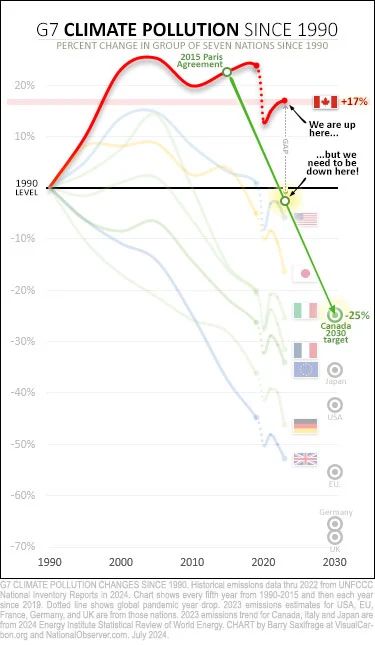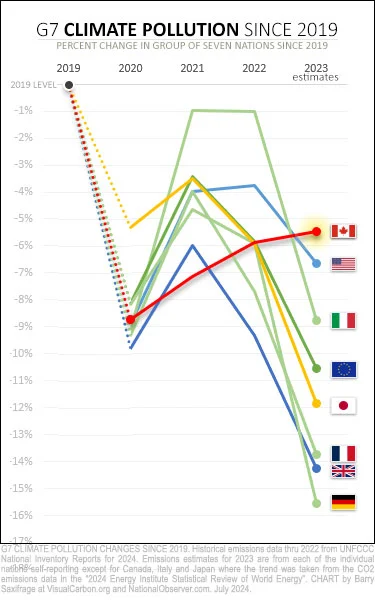The privacy violations seem egregious to me. Then there's the fact that this bill will secure pensions for 80 politicians by pushing the next election back a week. Why doesn't the electorate trust politicians more? /s
I think political parties love where politics is at. It's become about data collection and copious personalized advertising to 'key voters' (ie, small groups of voters that heavily and unfairly sway overall results in first-past-the-post style elections). Policy and party identity are passé and not as easy to game the system and be reactionary with. It's easier to buy votes (via personalized advertising) than it ever was before this era of social media saturation, I think.
I'm in my 30s and I reject these sort of privacy violations (and freedom of reach), in part because I remember how much ownership and privacy consumers used to enjoy. Now, we can't access many services without handing over gobs of our data, and because we often pay for licenses versus actual goods (eg, netflix) we are at the whims of companies when they want to change their services, increase fees (eg, surge pricing), or change end-user agreements.
I make a point of my age, because when I talk to people in their 20s and younger, they often don't see things like I do; my privacy-centric views seem strange to them. For people who've experienced puberty and onwards with multiple mainstream social media platforms, they seem to regard this relationship with products and companies as completely normal. Good news for the oligarchs.
 .
.
The COP conferences nowadays are O&G industries cosplaying social responsibility as a self-serving delay tactic